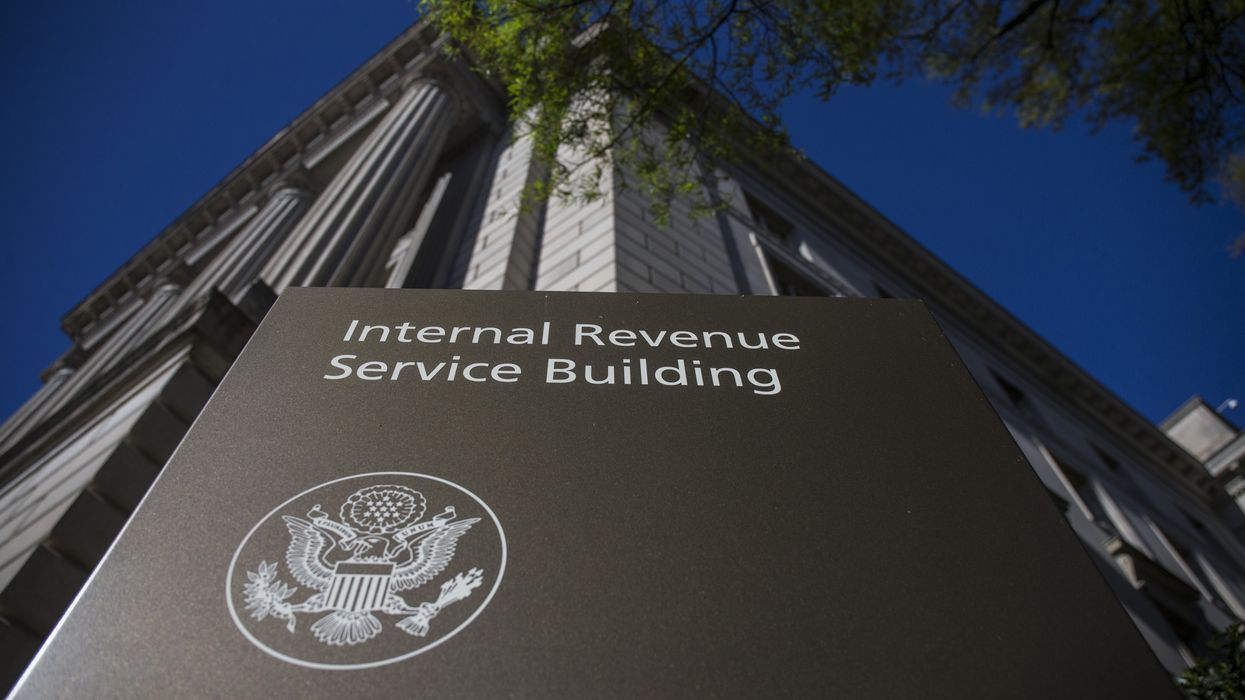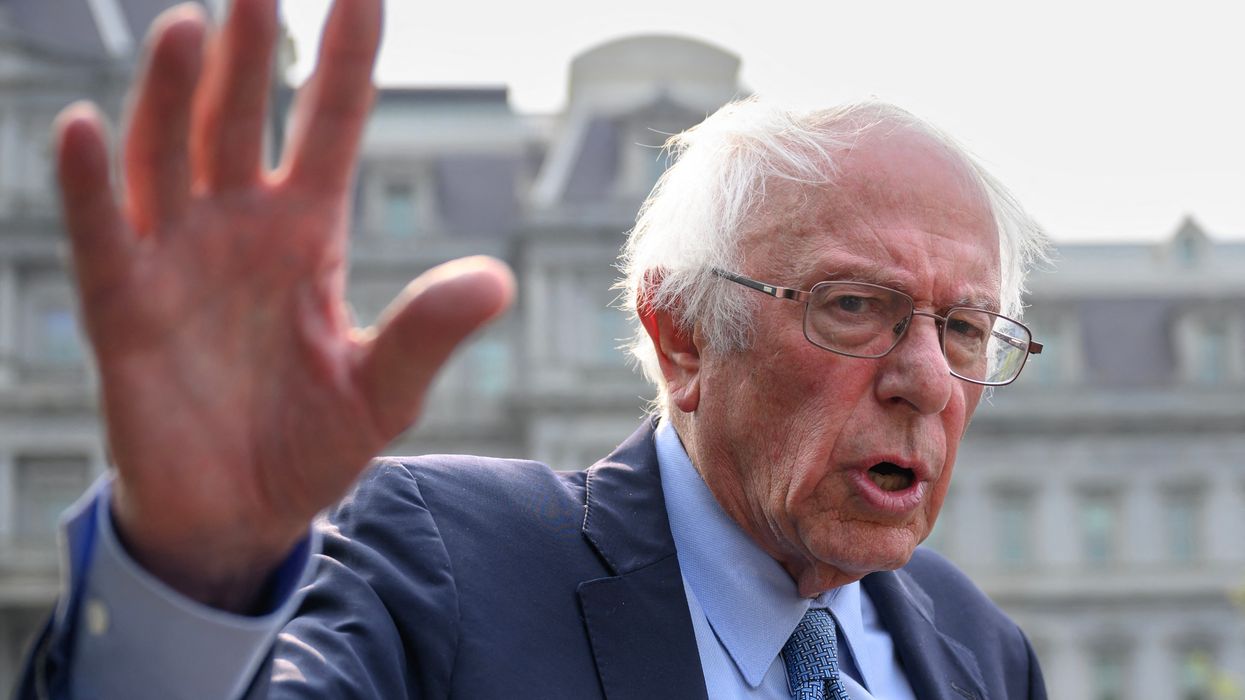Observers viewed the case as among the most important brought by E.U. Competition Commissioner Margrethe Vestager, an antitrust official who's been in office since 2014.
"It's important to show European taxpayers that once in a while, tax justice can be done," Vestager, who leaves office in two weeks, said following Tuesday's ruling.
Chiara Putaturo, a tax policy adviser at Oxfam EU, said in a statement that "this ruling exposes E.U. tax havens' love affair with multinationals. It delivers long-overdue justice after over a decade of Ireland standing by and allowing Apple to dodge taxes."
The European Commission argued that the selective tax benefits that Ireland had offered to two Apple subsidiaries amounted to illegal state aid that hindered competition. The company's tax burden in Ireland, where its European operations have been based since 1980, was as low as 0.005% of its profits in 2014.
In November of last year, Giovanni Pitruzzella, the advocate general of the E.U. Court of Justice, issued an opinion in favor of the commission's position and against the lower court ruling, in a setback for the tech giant. The high court, which is based in Luxembourg, generally agrees with its advocate general following such recommendations, as it ultimately did on Tuesday.
The €13 billion, plus interest, has been held in an escrow account since 2018 and will be released to Ireland, even though the country fought against the commission's order. Ireland said it would respect the court ruling.
Ireland is often characterized a tax haven within the E.U. and hosts the European headquarters for many multinational firms, with critics charging that its tax system drives up inequality.
Tax justice campaigners said Tuesday's ruling should just be a start and that more fundamental reforms are needed at the international and E.U. level.
"Our tax problem is more than just one rotten apple," Tove Maria Ryding, a policy manager at the European Network on Debt and Development, said in a statement.
"The international system for taxing multinational corporations continues to be deeply complex, unpredictable and unfair," she added, arguing that a company's economic activity across many countries, including in the Global South, shouldn't mean tax revenues only for one country such as Ireland.
Ryding praised the United Nations' efforts to establish a global tax convention, calling the proposal a "beacon of hope for a fairer future."
Putaturo of Oxfam likewise called for a fairer tax system in Europe.
"While this ruling will force the tech giant to pay its debt, the root of the issue is far from solved," she said. "E.U. tax havens can still make sweetheart tax deals with big multinationals. The duty to stop this rests on the shoulders of E.U. policymakers. Yet, they have turned a blind eye to tax havens within their borders and the harmful race to the bottom that countries like Ireland are instigating."
Oxfam EU also called for the closing of tax loopholes and the establishment of a wealth tax.
The Apple case was not the only victory for Vestager, the antitrust chief, on Tuesday: The E.U. Court of Justice also ruled that Google had illegally used its search engine dominance to favor its own shopping service, fining the company €2.4 billion ($2.65 billion).
Bloomberg on Tuesday called it a "double boost to the European Union’s crackdown on Big Tech," and said that Vestager's past work had "paved the way" for the U.S. and the U.K. to take action against Google.




